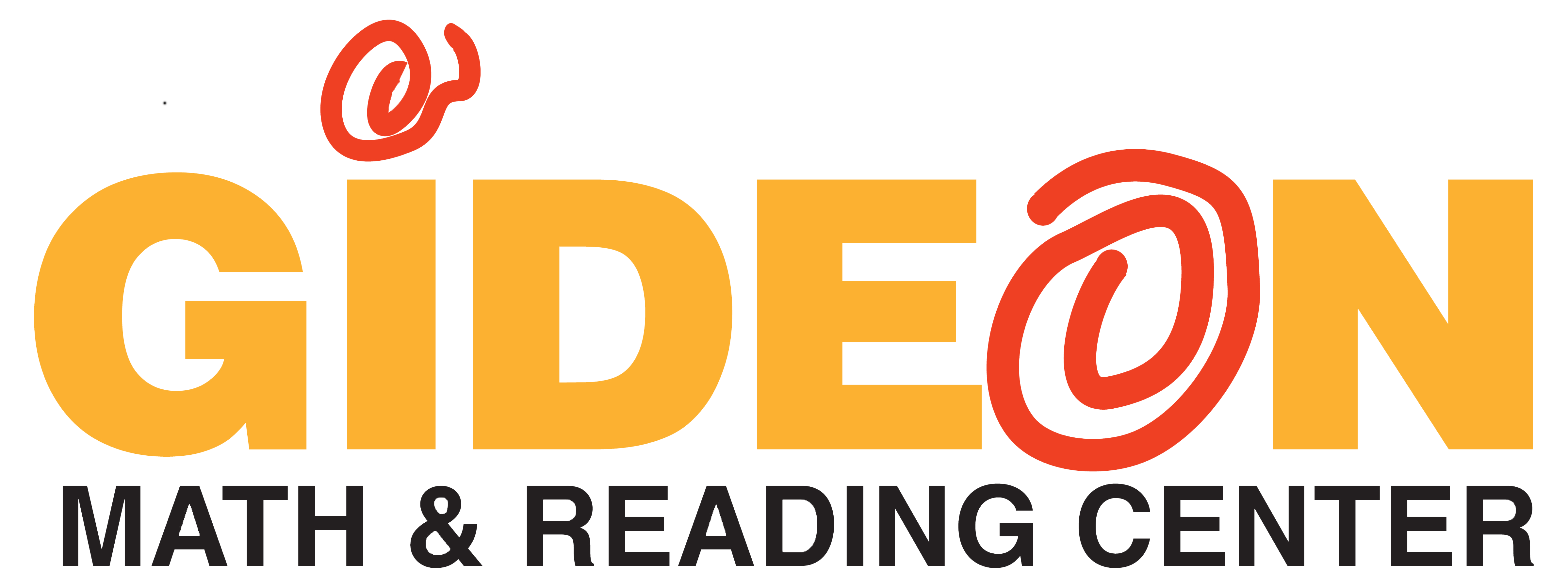While I still think putting pencil to paper is crucial while working out math problems, I heartily agree with some of the ideas espoused by the online Khan Academy’s founder, Salman Khan.
In much of the developed world, Khan writes, schools use a top-down teaching model first developed in Prussia, a Germanic kingdom known for “stiff whiskers, stiff hats, and stiff way of marching in lockstep.” Students must march ahead even if they haven’t understood what came before. Eventually, some stumble and tune out.
Khan’s big idea is that using online technology for lessons, quizzes, and constant assessment will create an affordable way to implement a different teaching ideal known as “mastery learning.” Everyone advances at his or her own pace. Don’t try algebra until you know your arithmetic. Spend less time in lectures and more in hands-on problem solving.
Khan Academy has over 3,000 free videos where you can get some quick help on anything from math to history to medicare. The idea is the student can rewind and rewatch the video as many times as needed to fully understand and go at his own pace instead of only learning from a live teacher trying to keep 30 students at the same place during a lecture. It’s a great resource if you need more instruction or refreshing on a topic.
While at Gideon we believe a live person will generally give a better explanation as he can respond to student questions and working out problems on paper leads to faster mastery (see here and here), a good video goes a long way when your teacher cannot be reached. Watching some Khan Academy videos inspired us to make our own which are designed to be back-up support for students in the Gideon program working through the booklets. The center instructor’s in-person guidance and a student’s pencil to paper practice are still our primary ways of attaining mastery, but the videos are useful if you need to see the steps animated or hear the sounds – such as in phonics.
They are found by visiting our Youtube channel or by scanning the QR code on the front of a booklet using a smart phone. We’ve completed most of the lower math and reading levels already!
Equivalent Fractions:
Phonics:
